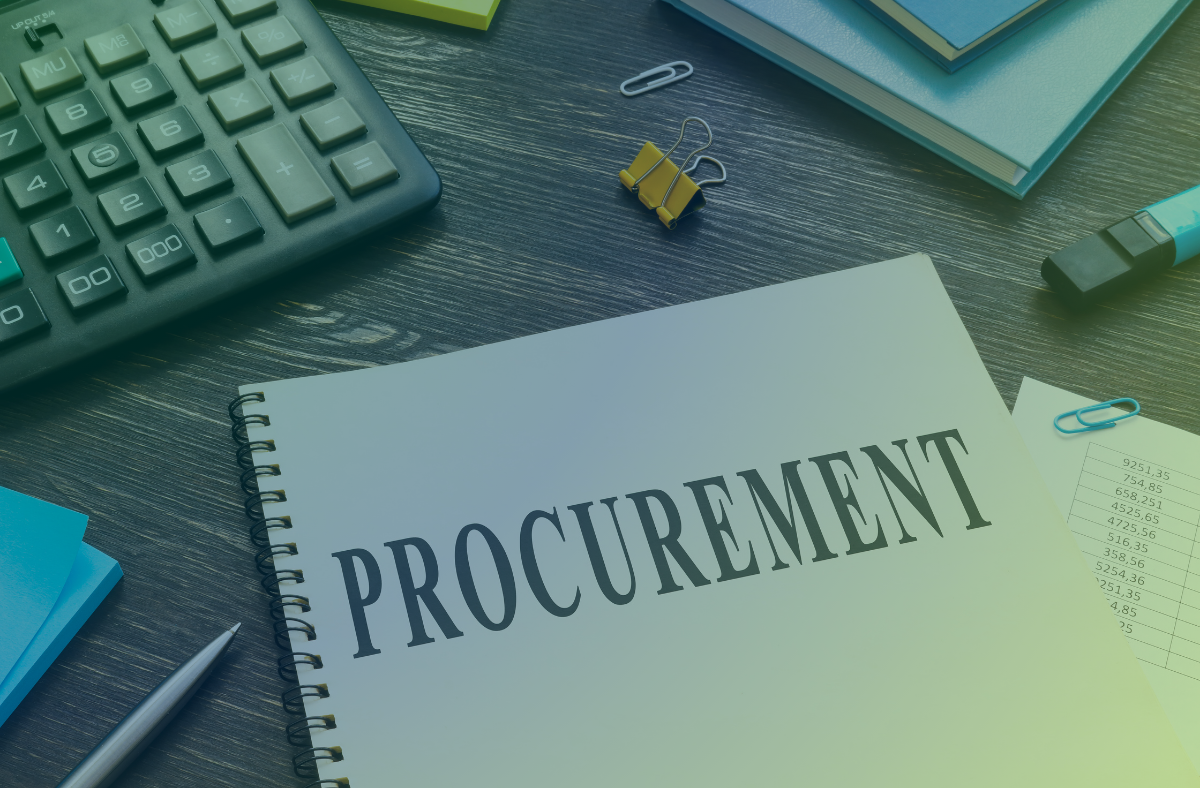Energy procurement is no longer just a back-office function, it’s a strategic business decision. With deregulated markets, unpredictable fuel prices, and growing sustainability goals, organizations must take a smarter, more proactive approach to sourcing electricity and natural gas.
A single misstep can lead to budget surprises, operational risks, or missed opportunities to lock in savings.
Why Working with an Energy Advisor Matters
A qualified energy advisor brings critical expertise to help you:
- Compare and evaluate complex supply offers
- Manage exposure to price spikes and usage variability
- Align supply contracts with operational and sustainability goals
- Navigate supplier negotiations and contract language
A well-designed energy procurement strategy can reduce cost, minimize risk, and strengthen your organization’s resilience.
What’s Happening in the Market: Price Trends & Deregulation
Electricity prices across the U.S. have risen steadily over the past year. According to the U.S. Energy Information Administration (EIA), average retail electricity prices for commercial customers have increased by roughly 5–6% year-over-year. The drivers include higher generation costs, infrastructure investments, and changes in fuel supply.
In deregulated energy markets, businesses can choose their retail electricity supplier, offering flexibility but also complexity. While some states benefit from abundant renewables or local incentives, others experience higher costs tied to natural gas and transmission constraints.
Understanding these dynamics is key to managing your organization’s total energy spend.
5 Core Elements of a Smart Energy Procurement Strategy
Whether you oversee one facility or an entire national portfolio, success starts with a disciplined approach to energy sourcing and contract negotiation.
-
Understand Pricing Options & Risk Profiles
Typical contract structures include:
- Fixed Price: Locks in a rate for budget stability.
- Variable (Index-Based): Moves with market conditions – great in declining markets, risky when prices rise.
- Hybrid: Blends fixed and variable elements for balance.
Your advisor should match the right pricing model to your load profile, risk tolerance, and long-term goals.
-
Scrutinize Contract Terms
The lowest rate doesn’t always equal the lowest cost. Look closely at:
- Minimum usage requirements
- Early termination penalties or rollover clauses
- Flexibility for changing load profiles
- Supplier performance obligations
A proactive energy contract review ensures you understand your rights and risks before signing.
-
Compare Offers on a Level Playing Field
Not all bids are created equal. Make sure all quotes use the same usage data, contract term, and pricing date. This ensures a true apples-to-apples comparison and prevents costly misunderstandings later.
-
Know When Staying on the Utility Tariff Makes Sense
Sometimes, waiting is strategic. Staying with your utility’s default service may be best when:
- Market pricing is unusually high or volatile
- Your operations are changing
- You need short-term flexibility before a long-term commitment
A skilled energy advisor helps determine when “doing nothing” is actually the smartest move.
-
Understand How Advisors Are Compensated
Transparency builds trust. Many energy consultants include their fee within the supplier rate—acceptable if it’s fully disclosed. Ask how your advisor is compensated and whether they are truly supplier-agnostic.
How Renodis Helps You Procure Energy with Confidence
Renodis helps organizations simplify and optimize their energy procurement process with a transparent, data-driven approach.
We provide:
- Market expertise: Deep understanding of deregulated markets and bid timing
- Supplier-agnostic transparency: We work for you, not the supplier
- Comprehensive support: From sourcing and invoicing to strategy and sustainability alignment
- Compensation clarity: Full disclosure of how fees are structured
- Client advocacy: Negotiating on your behalf to secure best-fit contracts
Renodis acts as an extension of your team, helping you manage complexity, reduce costs, and align your energy sourcing strategy with operational and environmental objectives.
Final Thoughts
Energy procurement isn’t a one-time event, it’s an evolving strategy that requires vigilance, data, and expertise. With electricity prices trending upward and regulatory changes on the horizon, the cost of waiting can be significant.
Now is the time to review your energy contracts and evaluate your long-term strategy. With Renodis as your trusted partner, you’ll gain insight, transparency, and confidence to make smarter, more strategic energy decisions.






